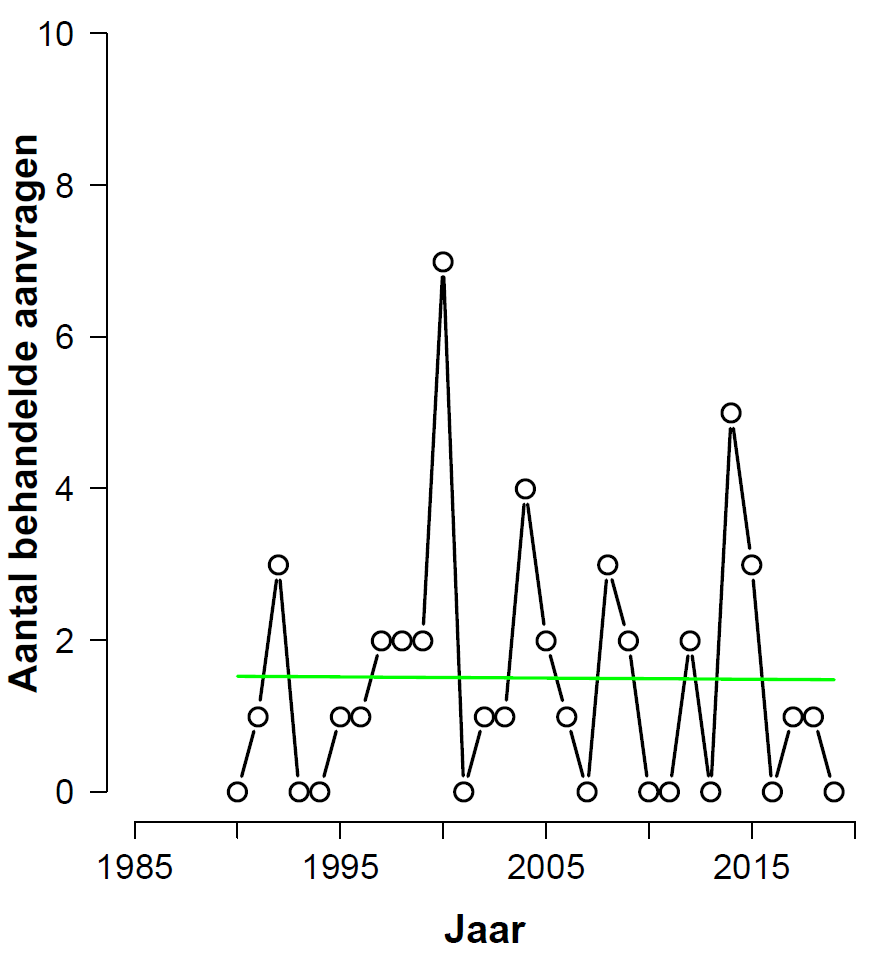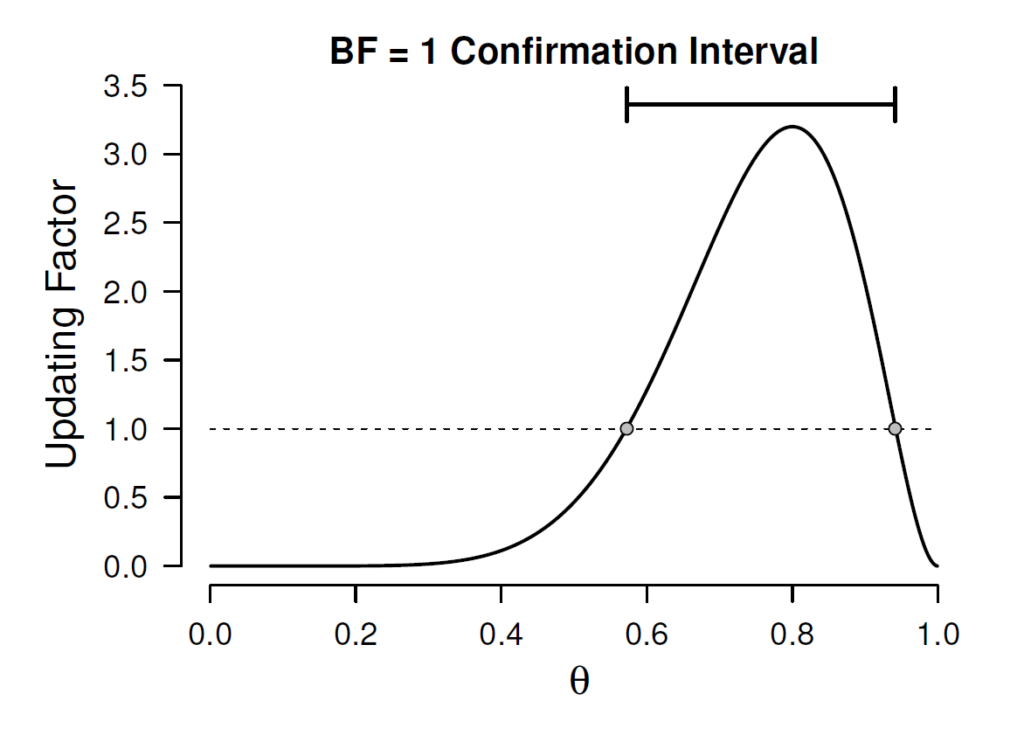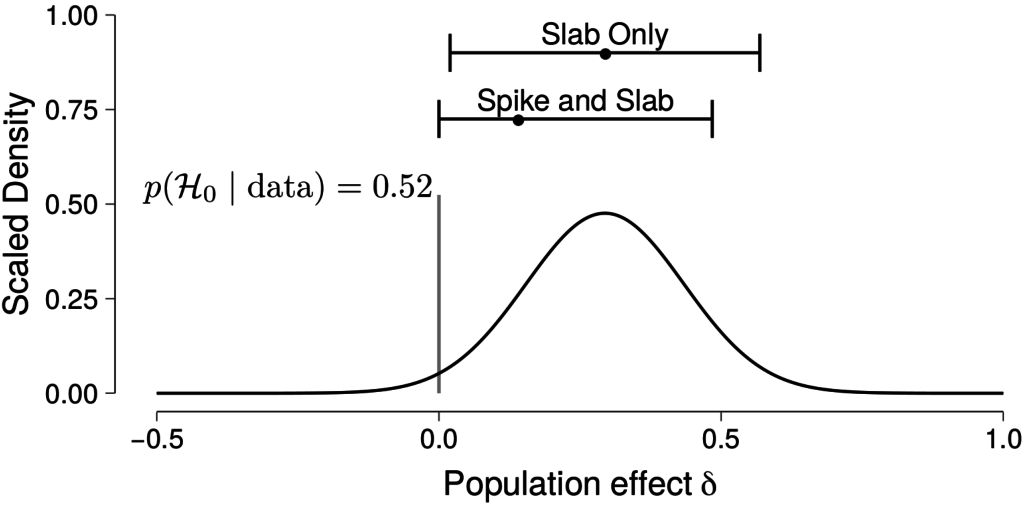Workshop “Design and Analysis of Replication Studies”, January 23-24

The Center of Reproducibility Science (CRS) in Zurich opens the new year by organizing a workshop “Design and Analysis of Replication Studies”. The goal of this workshop is to have “a thorough methodological discussion regarding the design and the analysis of replication studies including specialists from different fields such as clinical research, psychology, economics and others.” I quite look forward…
read more





